


Books in series

Joyce and the Joyceans
2002

Yeats and the Beginning of the Irish Renaissance
Second Edition
1970

Pilgrimage in Ireland
The Monuments and the People
1991

Fictions of the Irish Literary Revival
A Changeling Art
1987

Double Visions
Women and Men in Modern and Contemporary Irish Fiction
1999
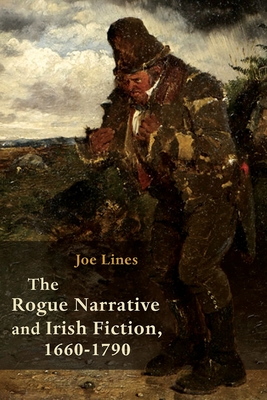
The Rogue Narrative and Irish Fiction, 1660-1790
2021

Modernity, Community, and Place in Brian Friel's Drama
2013
Politics, Culture, and the Irish American Press
1784–1963
2020
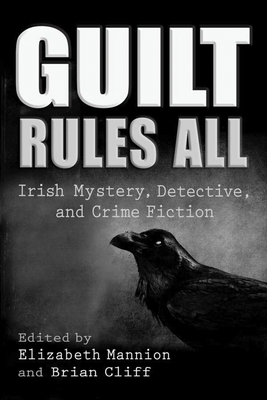
Guilt Rules All
Irish Mystery, Detective, and Crime Fiction
2020
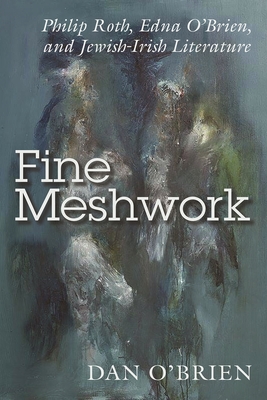
Fine Meshwork
Philip Roth, Edna O'Brien, and Jewish-Irish Literature
2019
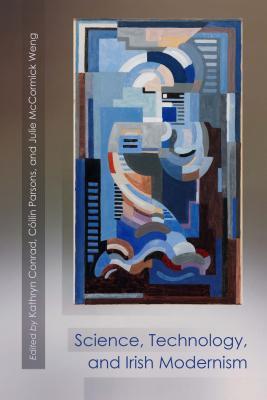
Science, Technology, and Irish Modernism
2019

George Moore and the Autogenous Self
The Autobiography and Fiction
1994

Yeats and Postmodernism
1990

Industrial Development and Irish National Identity, 1922-1939
2018

Irish Questions and Jewish Questions
Crossovers in Culture
2018
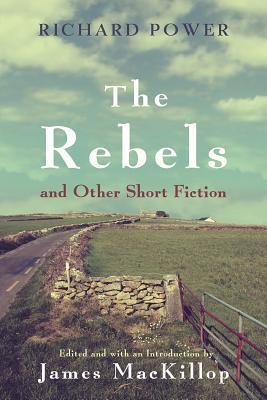
The Rebels and Other Short Fiction
2018
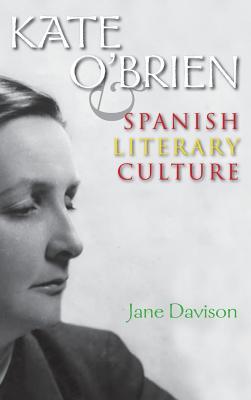
Kate O'Brien and Spanish Literary Culture
2017
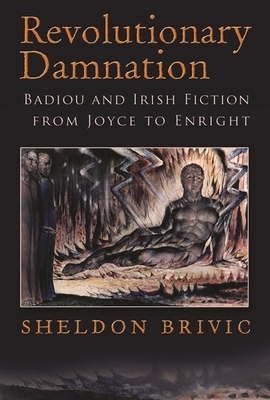
Revolutionary Damnation
Badiou and Irish Fiction from Joyce to Enright
2017
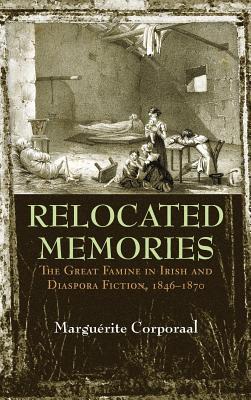
Relocated Memories
The Great Famine in Irish and Diaspora Fiction, 1846-1870
2017
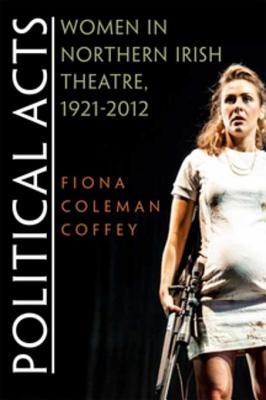
Political Acts
Women in Northern Irish Theatre, 1921-2012
2016
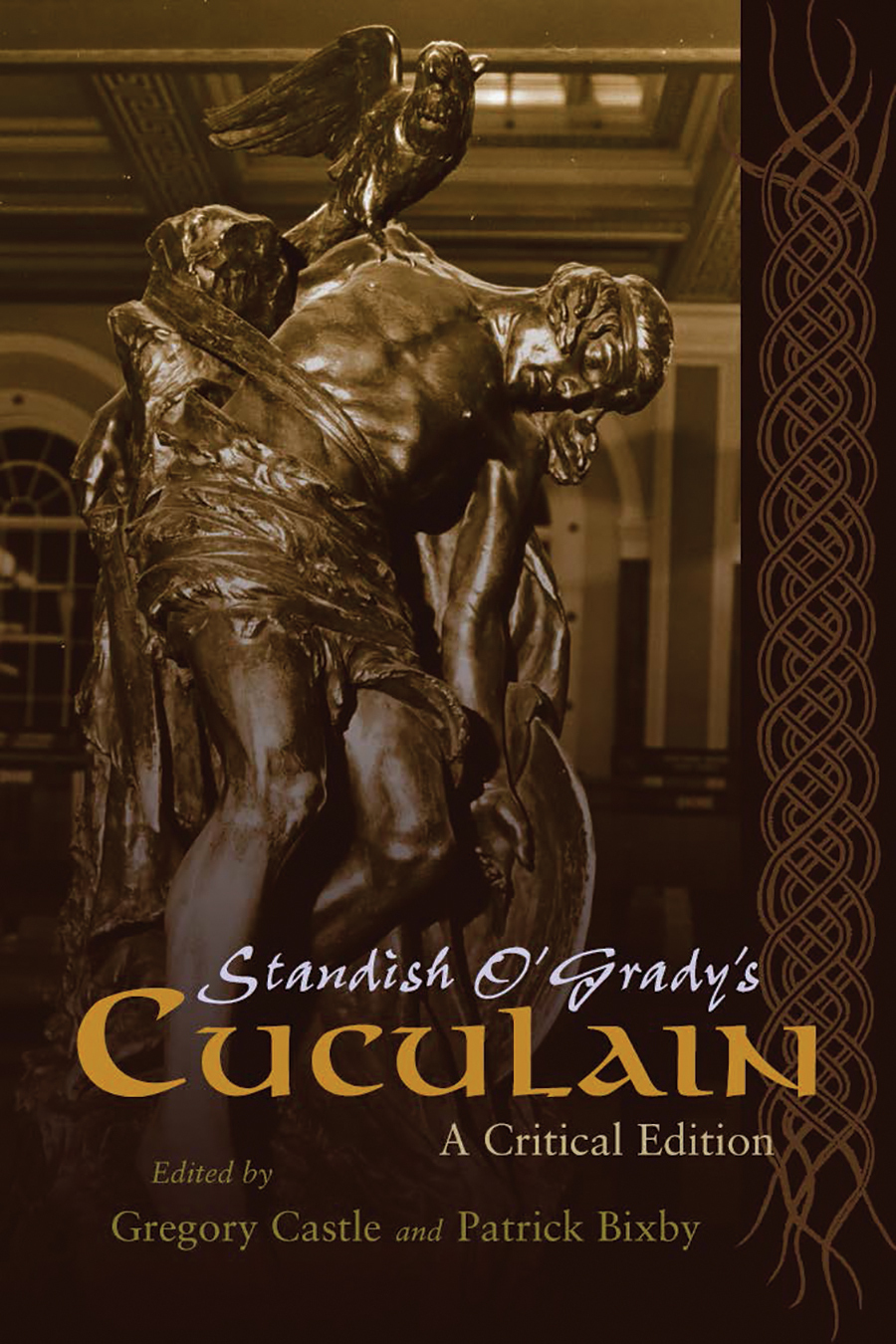
Standish O'Grady's Cuculain
A Critical Edition
2016
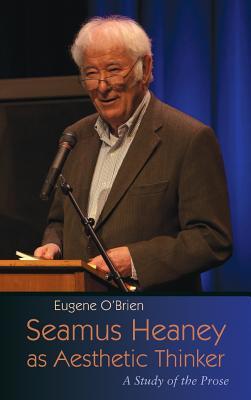
Seamus Heaney as Aesthetic Thinker
A Study of the Prose
2016
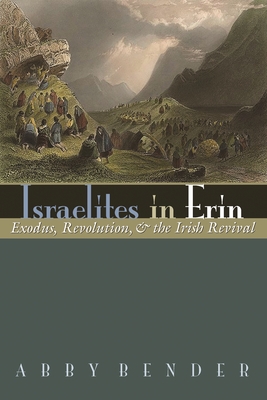
Israelites in Erin
Exodus, Revolution, and the Irish Revival
2015

Crossing Highbridge
A Memoir of Irish America
2001

Compassionate Stranger
Asenath Nicholson and the Great Irish Famine
2014
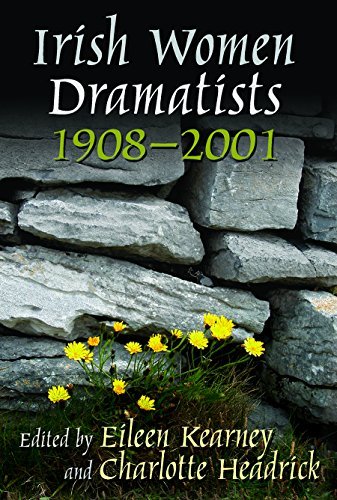
Irish Women Dramatists, 1908-2001
2014

Representing the National Landscape in Irish Romanticism
2014

Other People's Diasporas
Negotiating Race in Contemporary Irish and Irish-American Culture
2013

Gender and Medicine in Ireland
1700-1950
2012

Collaborative Dubliners
Joyce in Dialogue
2012

Samuel Beckett in the Literary Marketplace
2011

Modern Irish Drama
W. B. Yeats to Marina Carr, Second Edition
2010

Catholic Emancipations
Irish Fiction from Thomas Moore to James Joyce
2007

Suburban Affiliations
Social Relations in the Greater Dublin Area
2010

Selected Plays
1986

Irish Theater in America
Essays on Irish Theatrical Diaspora
2008

The Myth of an Irish Cinema
Approaching Irish-Themed Films
2008

Joyce, Imperialism, and Postcolonialism
2008

Irish Orientalism
A Literary and Intellectual History
2004

Of Irish Descent
Origin Stories, Genealogy, and the Politics of Belonging
2008

Party Pieces
Oral Storytelling and Social Performance in Joyce and Beckett
2007

Trapped in Thought
A Study of the Beckettian Mentality
2007

Selected Short Stories
1985

Ireland and the Global Question
2006

Two Irelands
Literary Feminisms North and South
2005

Joyce and Reality
The Empirical Strikes Back
2004

John Redmond and Irish Unity, 1912-1918
2004

Irish Women Writers Speak Out
Voices from the Field
2003

Yeats and the Visual Arts
1986

Women Creating Women
Contemporary Irish Women Poets
1995

My Self, My Muse
Irish Women Poets Reflect on Life and Art
2001

T. C. Murray, Dramatist
Voice of Rural Ireland
2002

Joyce and the City
The Significance of Place
2002

Reading William Kennedy
2001

Prodigal Father
1979

Yeats and Artistic Power
1991

Reading Roddy Doyle
2001

Ireland's National Theaters
Political Performance and the Origins of the Irish Dramatic Movement
2001

Twentieth Century Irish Drama
Mirror up to Nation
1997

Brian Friel's (Post)Colonial Drama
Language, Illusion, and Politics
1999

Zulu
An Irish Journey
1998

Contemporary Irish Cinema from The Quiet Man to Dancing at Lughnasa
1999

A Yeats Dictionary
Persons and Places in the Poetry of William Butler Yeats
1998

The Anglo-Irish Novel and the Big House
1998

Textures of Irish America
1992
Irish Poetry After Joyce
1985

New Plays from the Abbey Theatre 1993-1995
1996

Flann O'Brien, Bakhtin, and Menippean Satire
1995

The Economy of Ulysses
Making Both Ends Meet
1995

The Whole Matter
The Poetic Evolution of Thomas Kinsella
1995

Family Secrets
William Butler Yeats and His Relatives
1995

The Harp Re-strung
The United Irishmen and the Rise of Irish Literary Nationalism
1994

The Anti-Modernism of Joyce's a Portrait of the Artist as a Young Man
1987
Reading Dubliners Again
A Lacanian Perspective
1993

Seamus Heaney
Poet of Contrary Progressions
1991

The Parnell Split, 1890-91
1992

For the Land They Loved
Irish Political Melodramas, 1890 1925
1991

Northern Ireland
The Background to the Conflict
1983

Intimidation and the Control of Conflict Northern Ireland
1987
Irish Life and Traditions
1986
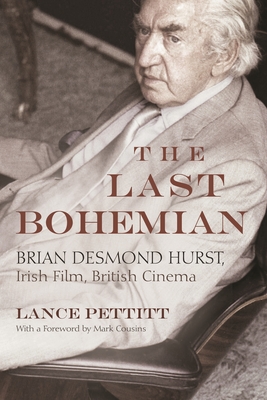
The Last Bohemian
Brian Desmond Hurst, Irish Film, British Cinema
2023
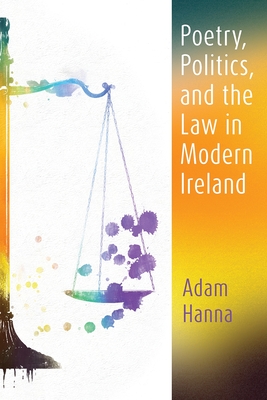
Poetry, Politics, and the Law in Modern Ireland
2022
Authors


John Swan Gordon, M.A., Ph.D. (1945-) is professor emeritus in English, Connecticut College, New London. John Gordon retired from teaching at Connecticut College in 2015. Most of John Gordon's work has been on the writing of James Joyce. His two books published on the subject are James Joyce's Metamorphoses and Finnegans Wake: A Plot Summary and a monograph, Notes on Issy. He has also published some fifty articles and notes on the subject, and has delivered a comparable number of papers and numerous reviews. He has been elected as a member of the board of the International James Joyce Society. In addition to the introductory courses taught by all members of the English department, John Gordon has taught courses in Modern Poetry, Contemporary Literature, and most recently, "Modernism and Its Discontents," which alternates between canonical texts of the period, sometimes called High Modernism, and popular novels of the same time.
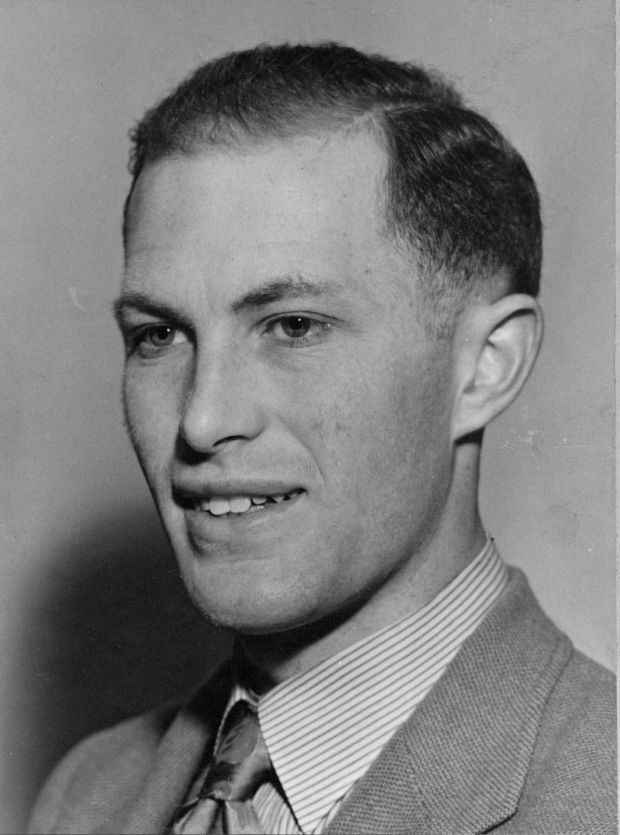
Born in Dublin, Ireland in 1928 Richard Power was English speaking, though he was a great champion of the Irish language. He fathered six children while working as a civil servant. He wrote prose, poetry, and was a scriptwriter. Power's most notable novel was The Hungry Grass (1969)
Please be careful not confuse him with his cousin Standish Hayes O'Grady. Standish James O'Grady His father was the Reverend Thomas O'Grady, the scholarly Church of Ireland minister of Castletown Berehaven, County Cork, and his mother Susanna Doe (or Dowe). Standish O'Grady's childhood home - the Glebe - lies a mile west of Castletownbere near a famine mass grave and ruined Roman Catholic chapel. He was a cousin of Standish Hayes O'Grady, another noted figure in Celtic literature, and of Standish O'Grady, 1st Viscount Guillamore. He married Margaret Fisher and had three sons. Advised to move away from Ireland for the sake of his health, he passed his later years living with his eldest son, a clergyman in England, and died on the Isle of Wight. His eldest son, Hugh Art O'Grady, was for a time editor of the Cork Free Press before he enlisted in the Great War early in 1915. He became better known as Dr Hugh O'Grady, later Professor of the Transvaal University College, Pretoria (later the University of Pretoria), who wrote the biography of his father in 1929. After a rather severe education at Tipperary Grammar School, Standish James O'Grady followed his father to Trinity College, Dublin, where he won several prize medals and distinguished himself in several sports.
Librarian note: There is more than one author in the Goodreads database with this name This profile may contain books from multiple authors of this name - fiction writer ^2 - theatrical ^3 - athlete ^4 - philosphy ^5 - economist ^6 - education ^7 - mid-west biologist ^8